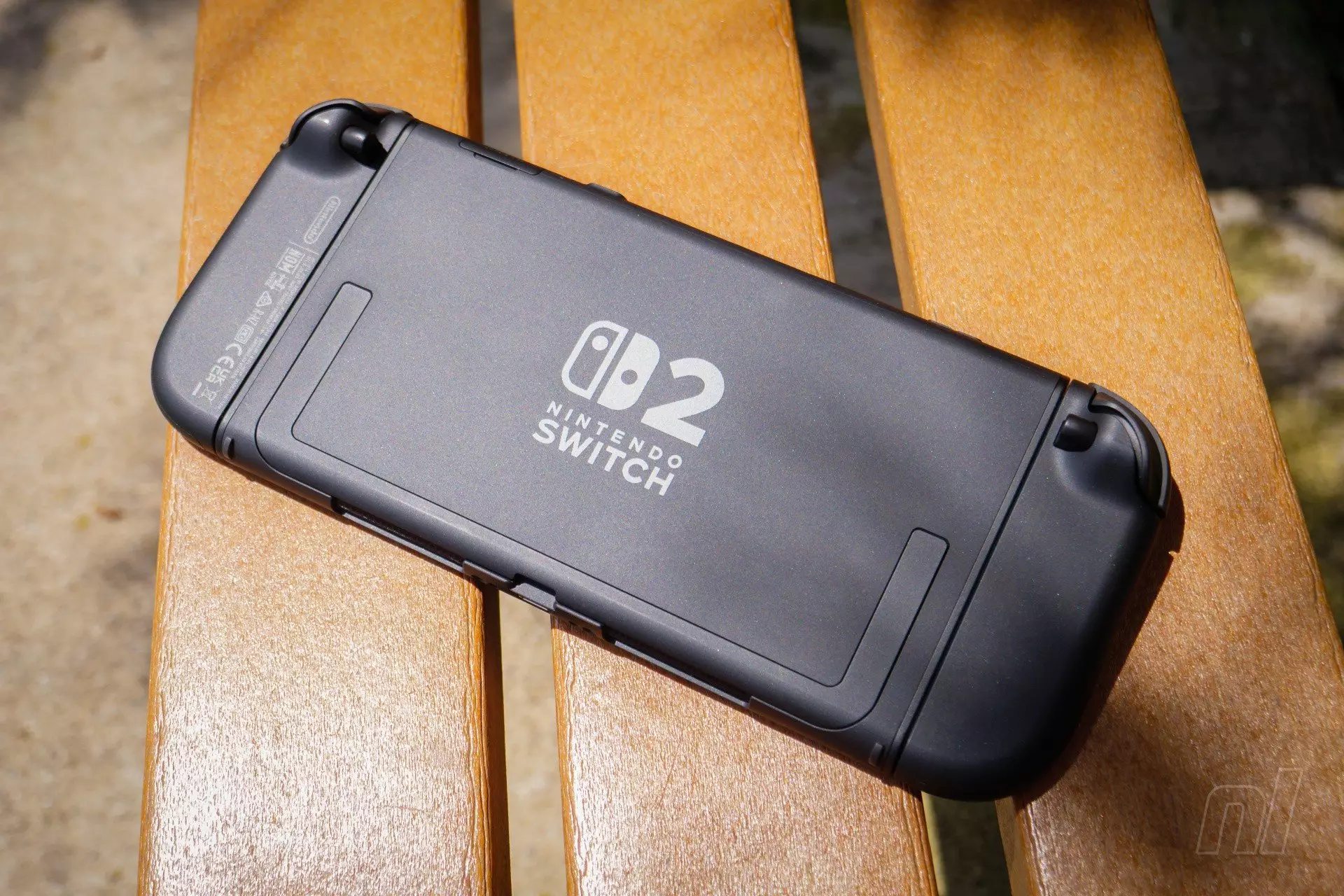In an era where gaming has become deeply intertwined with digital rights management and online connectivity, Nintendo’s latest crackdown reveals a concerning vulnerability for consumers. The recent behavior surrounding secondhand Switch games exposes a critical flaw in the security and ownership model. While it might seem innocent to purchase a pre-owned game cartridge, the reality is far more complex. Nintendo appears to aggressively monitor and ban consoles that detect the use of copied or previously tampered cartridges, even if the current owner purchased the game legitimately and without knowledge of its history.
This emergent policy underscores a troubling blurring of boundaries between rightful ownership and digital misstep. A gamer who acquires a secondhand game cartridge from a trusted source may unwittingly become entangled in a web of digital restrictions and bans if that cartridge was once compromised. This not only damages consumer trust but raises questions about the fairness of policies that penalize innocent buyers for the actions of previous owners. The threat of a ban extends beyond the cartridge itself—once a console is detected to be running suspected copies, it risks losing access to essential online services, including the eShop, multiplayer features, and system updates.
Uncovering the Mechanics of the Ban System
What makes Nintendo’s approach particularly aggressive is its use of hardware identification keys that track the usage of specific cartridges across multiple consoles. When a cartridge — especially one linked to unauthorized modifications like those via flashcards — is detected on various devices, the company flags it for potential rule-breaking. This system, while effective for combating piracy, inadvertently ensnares legitimate buyers who might not even be aware of the cartridge’s contentious history.
An illustrative case involved a Reddit user who purchased what appeared to be a standard Switch 1 game on Facebook Marketplace. Unbeknownst to the buyer, the cartridge had been previously exploited using a flashcard to run pirated copies. When the new owner used it on their Switch 2, Nintendo’s system recognized the suspicious activity and promptly issued a ban. The process to reverse this ban was relatively straightforward, demanding only proof of legitimate ownership and a personal conversation with a Nintendo representative. This suggests that, although strict, Nintendo maintains some flexibility in reinstating affected users — provided they can establish their innocence convincingly.
The Broader Implications for Gamers and the Industry
This ongoing crackdown reveals a troubling vibe that Nintendo is tightening its control over hardware and digital permissions. While protecting intellectual property is justified, there’s an underlying danger in how these policies infringe on consumers’ rights. The risk of banishment for secondhand buyers creates a climate of fear, discouraging legitimate purchasing avenues and fostering a suspicious narrative around used games.
Moreover, this approach raises the question: Are we heading toward a future where digital ownership is fragile and context-dependent? The ease with which a console can be banned based on the activity of an entire cartridge’s history suggests a delicate ecosystem that rewards digital security at the expense of consumer fairness. Gamers may be forced to scrutinize every transaction, excitedly screenshot listings, and document chat histories just to safeguard their access—a far cry from the carefree used game market of the past.
In essence, Nintendo’s current strategy—though effective against piracy—may inadvertently undermine trust in their brand and create an environment where consumers feel alienated and cautious. As this crackdown evolves, it will be crucial for Nintendo and other companies to strike a balance between protecting their IP and respecting the rights of their users, fostering a more transparent and fair gaming landscape.

